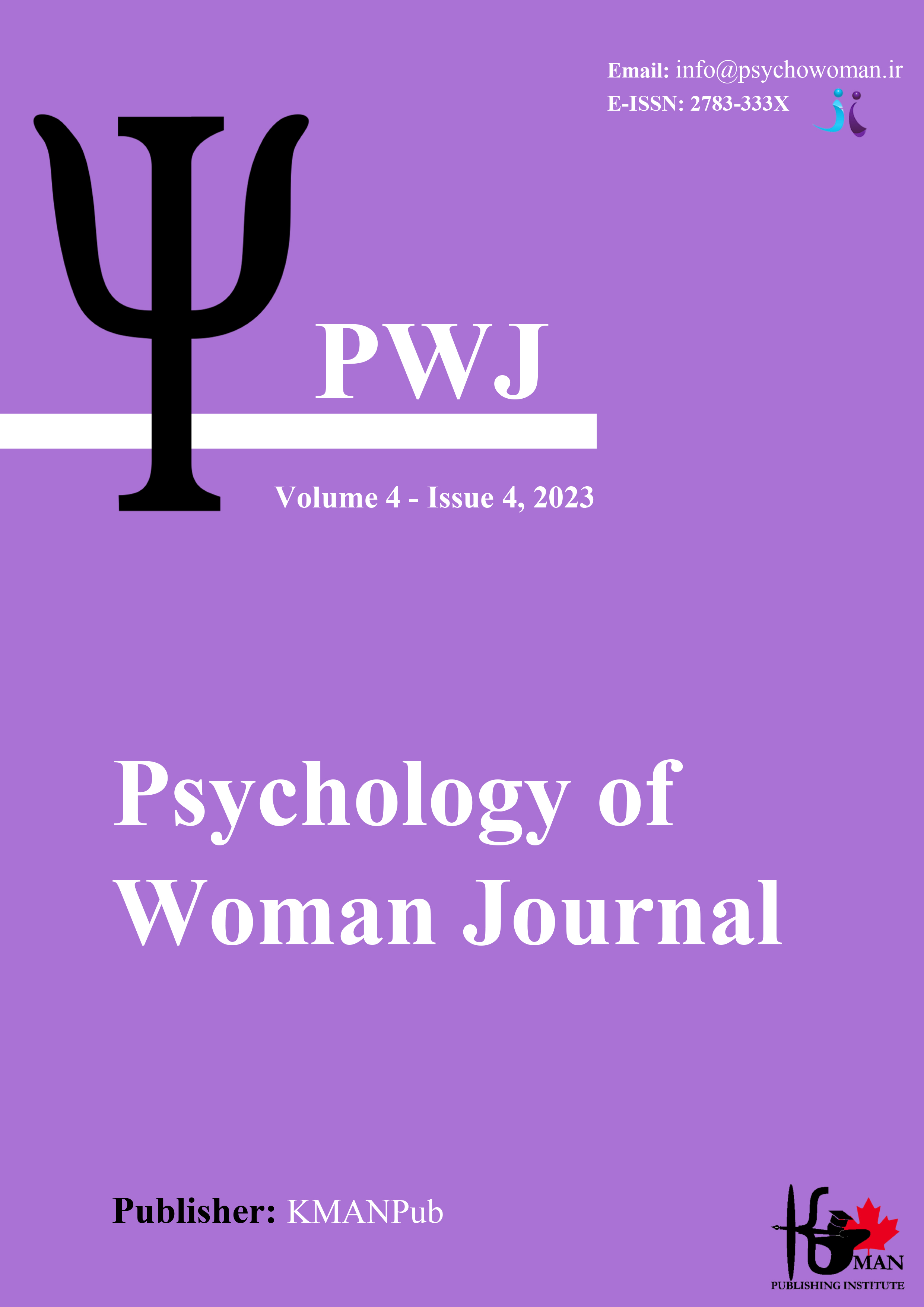Comparison of the Effectiveness of Paradoxical Timetable Cure (PTC), Acceptance and Commitment Therapy Matrix (ACTM), and Emotion-Focused Therapy (EFT) on Self-Esteem and Marital Boredom in Women with Marital Conflict
Abstract
Objective: This study aimed to compare the effectiveness of Paradoxical Timetable Cure (PTC), Acceptance and Commitment Therapy Matrix (ACTM), and Emotion-Focused Therapy (EFT) on self-esteem and marital burnout in women experiencing marital conflict.
Materials and Methods: The research method was quasi-experimental, consisting of three stages: pre-test, post-test, and follow-up. In this study, 45 women with marital conflict were selected through purposive sampling and randomly assigned to two experimental groups and one control group, with 15 participants in each group. Each of the experimental groups underwent ten 90-minute training sessions, while the control group received no treatment.
Findings: All four groups were assessed before, after, and one month post-intervention using self-esteem and marital burnout questionnaires. The data were analyzed through repeated measures analysis of variance and follow-up tests. The PTC and ACTM treatments were significant for the self-esteem component but were not significantly effective for the emotion-focused treatment. The results showed that PTC, ACTM, and EFT all had a significant difference in the post-test phase compared to the control group in the marital burnout component, indicating their effectiveness; however, this effect was more pronounced for the emotion-focused therapy.
Conclusion: Therefore, it is recommended to use all three treatments to reduce marital conflicts in women, employing PTC and ACTM for self-esteem issues and EFT for marital burnout.
Downloads
Downloads
Additional Files
Published
Issue
Section
License
Copyright (c) 2023 Fatemeh sadat Hashemizadeh, Seyed Hamid Atashpour, Hadi Farhadi (Author)

This work is licensed under a Creative Commons Attribution-NonCommercial 4.0 International License.










